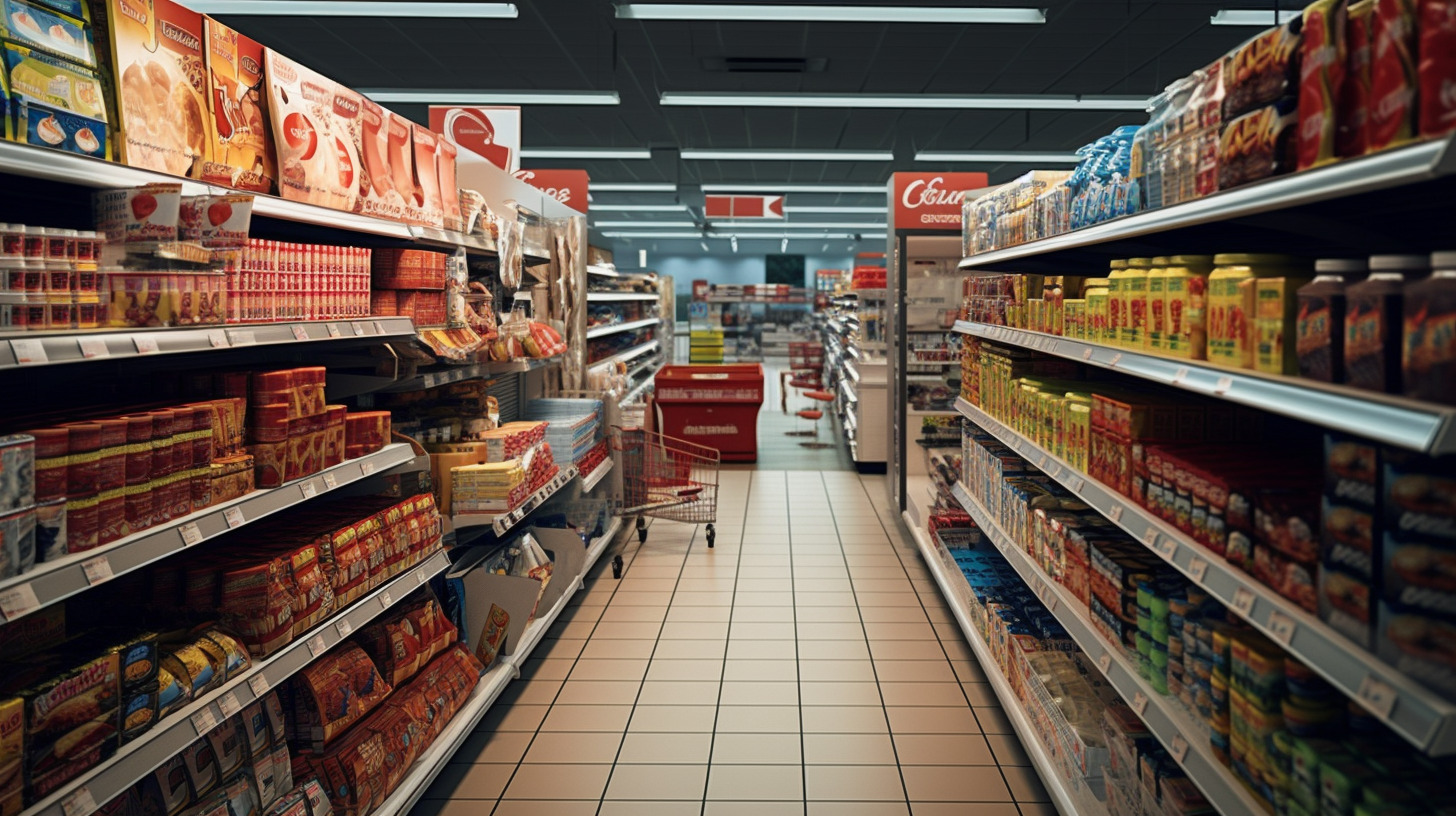Supermarkets Under Fire for Deep Discounts on Vegetables Amid Price Wars

In a bold move that has sparked significant criticism from agricultural producers, British supermarkets are utilizing steep discounts on vegetables as a tactic in an escalating price war, particularly around the Easter holiday. For instance, major chains like Asda and Aldi are offering 2kg bags of potatoes for as low as 8p, while other retailers such as Tesco and Sainsburys are providing them for just 15p to their loyalty program members. This aggressive pricing strategy starkly contrasts with the usual retail prices that hover around 1.35 and can soar to 2.50 for well-known brands like Albert Bartlett.
This trend isn't limited to potatoes; a variety of other vegetables are also part of these enticing promotions. Items including carrots, broccoli, and even courgettes are being sold at similarly low prices, which has raised alarms among producers. Concerns have been voiced about the long-term implications of such discounts, as they may lead to a devaluation of produce that could negatively impact farmers livelihoods.
Tom Bradshaw, the president of the National Farmers Union, expressed his apprehensions regarding the potential ramifications of these supermarket strategies. He stated, While promotional activity can help drive sales, its crucial that retailers take responsibility for their decisions to massively discount products. They need to ensure that these discounts do not distort public perception regarding the true market value and production costs of food. He emphasized that the agricultural sector must attract investment to ensure food security for the future and that farmers deserve a fair return on their investments.
Scott Walker, who leads the trade body GB Potato, echoed similar sentiments, indicating that such low pricing does not reflect the actual costs associated with producing food. He posited that if consumers begin to associate low prices with the cost of production, it could have detrimental effects on the industry moving forward.
In defense of their pricing strategies, supermarkets assert that they absorb the costs of these discounts and that such pricing does not negatively impact the payments made to farmers and suppliers. Andrew Opie, the director of food and sustainability at the British Retail Consortium, emphasized the importance of vegetables in a balanced diet. He argued that by offering discounts, retailers are promoting healthy eating habits while also recognizing the need for a robust supply chain that ensures fair compensation for farmers.
However, Dale Robinson, head of procurement at Riverford Organic Farmers, countered this view by highlighting that deep discounts undermine the true costs associated with food production. He argued that activities such as planting, growing, harvesting, and transporting produce cannot be sustained at such artificially low prices. While these deals might seem like a win for shoppers, they create unrealistic expectations about food costs and leave farmers struggling to cover even their most basic expenses, he noted.
These concerns are particularly pertinent as the vegetable industry grapples with rising costs, including increased wages and national insurance contributions. Additionally, the post-Brexit landscape has introduced new hurdles for importing essential supplies, such as young plants and seeds, further complicating the situation.
Despite the ongoing challenges, the early part of the year has provided favorable weather conditions for planting crops. Walker pointed out, however, that some growers are already facing warnings about insufficient water supplies for irrigation due to potential droughts. Its been fantastic but that is just the start, Walker said, stressing the unpredictability of British weather and its crucial role in agricultural success.
In the past five years, the area of land dedicated to potato cultivation in Great Britain has diminished by 20,000 hectares (approximately 49,421 acres), highlighting the increasing costs of machinery and management while also reflecting the uncertainties brought about by climate change. Walker described the current agricultural climate as having a pretty poor risk and reward situation, a sentiment that resonates deeply with many in the farming community.





























